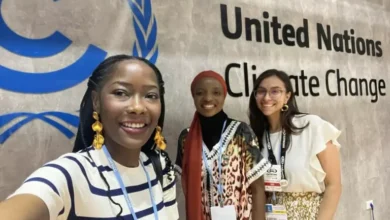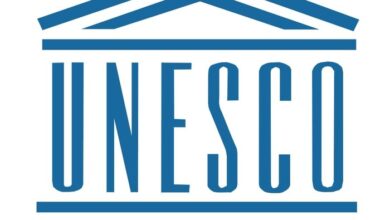
The John G. Bene Fellowship 2023 is now open for applications.
IDRC has helped graduate students undertake thesis research in the field of international development since 1982. The Bene fellowship, a bequest from the estate of John G. Bene, is offered annually to Canadians and permanent residents of Canada pursuing master’s or doctoral studies at a Canadian university. Candidates should have an academic background that combines an interest in forests with social sciences (e.g., forestry, agroforestry, climate justice for women and Indigenous people, gender, biodiversity, or ecosystems).
We offer this fellowship to facilitate field research on the relationship between forest resources and the social, economic, cultural and environmental welfare of people in developing countries, particularly in the face of changing climate conditions. The successful candidate will propose research that benefits less privileged people in developing countries, focusing on women and Indigenous people, aiming to increase the resilience of individuals and forest communities facing difficult contexts and challenges. Note that work focused on genomics and/or genetic modification is not eligible.
Benefits::
- Up to 3 awards with a maximum of CAD $23,000
Eligibility:
This call is open to Canadians and permanent residents of Canada pursuing master’s or doctoral studies at a Canadian university. The award under this call will cover costs of field research conducted for a master’s thesis or doctoral dissertation in one or more countries of the Global South.
Candidates must meet the following requirements to be eligible:
- you must be a citizen or permanent resident of Canada;
- you must be enrolled at a Canadian university at the master’s or doctoral level (you must have completed several courses of the program, but not necessarily all courses, when you submit your application);
- you must have an academic background that combines an interest in forests, climate resilience, biodiversity or food systems addressed through social justice or equity. Applicants from interdisciplinary programs are eligible, provided their programs contain the specified elements;
- your research proposal must be approved by your thesis supervisor and you must provide proof;
- your proposed field of research must be conducted for a master’s thesis or doctoral dissertation and must take place in one or more developing countries (see exceptions below);
- you must provide evidence of affiliation with an institution or organization in the developing region(s) in which the research will take place;
- doctoral students must have completed coursework and passed comprehensive exams before taking up the award; and
- you may not be in receipt of two or more active IDRC awards at the same time, which includes the IDRC Research Awards. No time overlaps will be permitted. If you are in receipt of IDRC funds from another source (e.g. a Queen Elizabeth Advanced Scholars award or through a professor’s IDRC research grant) for activities that will still be active when and if you take up the John G. Bene Fellowship, you will be asked to demonstrate how funds from each are not being used towards the same objective.
Additional eligibility requirements
If you are selected for an award, you will have up to 12 months from the start date mentioned in your Award Agreement to spend the funds received.
When your research involves more than one region, you must plan to spend a minimum of five consecutive weeks in the field in each region.
This award will cover research costs for a maximum of 12 months in the field. If your field research exceeds 12 months, you must cover additional costs from another source of funding.
Evaluation criteria:
Using the criteria listed below, an IDRC committee will rate each application and will shortlist selected candidates. These applications will be forwarded to a selection committee for their full and final evaluation. An award may be made conditionally; i.e., the candidate will receive comments that must be addressed before the award can be confirmed.
No comments will be provided to unsuccessful candidates, even those who intend to reapply.
The following criteria will be used to evaluate applications:
- Fit with IDRC mission and scope of the fellowship
- Overall appropriateness, completeness, quality and clarity of the research proposal
- Overall methodology and considerations of cultural, logistical and scientific constraints
- Overall feasibility, duration and timing of the research
- Originality and creativity of the research
- Potential contribution to existing knowledge on the issue
- Gender dimensions of the research
- Ethical considerations of the research
- Benefit to the communities where the research is taking place
- Suitability of the affiliated institution
- Potential for research results to be disseminated and used
- Budget
- Applicant’s capacity to conduct the proposed research, including academic training, local language capacity, professional skills, research experience and knowledge of country/region of research.







